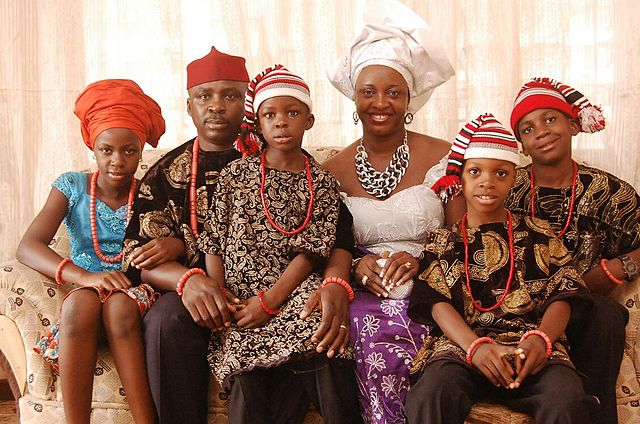Meaning of Social Group

Social group refers to a number of people who maintain common interest and are united for a particular purpose. Every member is expected to take part in its activities and obey its rules and regulations.
Meaning of Primary Social Group
Primary social group is a group in which the members know themselves very well. They are very close to one another and also have face to face intimate relationship. A primary social group is formed by nature as individuals have no choice of the group they are born into.
Examples of primary social groups are:
- Family
- Age group
- Age mates or peer group
- Kindred
- Village community
Characteristics of Primary Social Group
Primary social groups generally have the following characteristics:
- The members are small.
- There is a close and intimate relationship among members.
- They depend on one another.
- They maintain a continuous and permanent.
- There is high degree of unity among members especially when there is external threat.
- Leadership of a primary social group is often based on age, tradition, intelligence or courage.
What Makes the Family a Primary Social Group
The family is the basic unit of a society. It is the primary group of great importance to the individual and society. Family is a group of people related by blood or marriage. Basically, we have two types of family. These are:
- Nuclear family e.g. father, mother and children. It is monogamous when it consists of a man, his wife and children. It is polygamous when it consists of a man, his wives and children.
- Extended family e.g. a collection of two or more families. Some other relations such as uncles, cousins, grandparents and aunts are living together in one house or compound or might be somewhere else but with the consciousness that they are related.
Summarily, family is a primary social group because of its peculiar characteristics. As in other primary social groups, these are the characteristics that make family a primary social group:
- It has a small size – i.e. the members are few.
- It is the primary agent of socialization of a child.
- There is a close and intimate relationship among members.
- The members depend on one another.
- Members of a family maintain a continuous and permanent membership.
- There is a high degree of unity among members especially when there is external threat.
- Leadership in the family is natural. The father is the head of the family. There is no need for electoral processes for the choice of its leadership. In the absence of the father the mother takes over the mantle of leadership.
Read our disclaimer.
AD: Take Free online baptism course: Preachi.com 